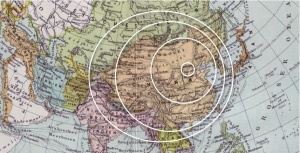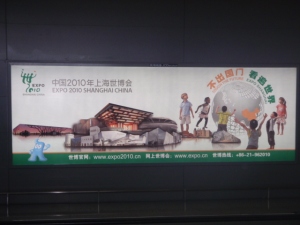Line 21 Project coordinator, Nicholas Dynon, recently provided insights to Agence France-Presse (AFP) on the Chinese media’s coverage of the devastating earthquake that shook Yunnan province earlier this month.
The example set by the People’s Daily, commented Dynon, shows us that Chinese media coverage of the quake has followed a thematic pattern we would expect of disaster reportage out of China.
“The state-sponsored press has adhered largely to officially sanctioned themes, including the responsiveness of the central government and military, swiftness and professionalism of rescue and recovery efforts, accounts of death and destruction, stories of survival, and solidarity in grief”, he stated. “These themes reinforce the key messages that authorities have reacted appropriately and that the nation is united in its support.”
The report, carried by Yahoo!7, can be read here





